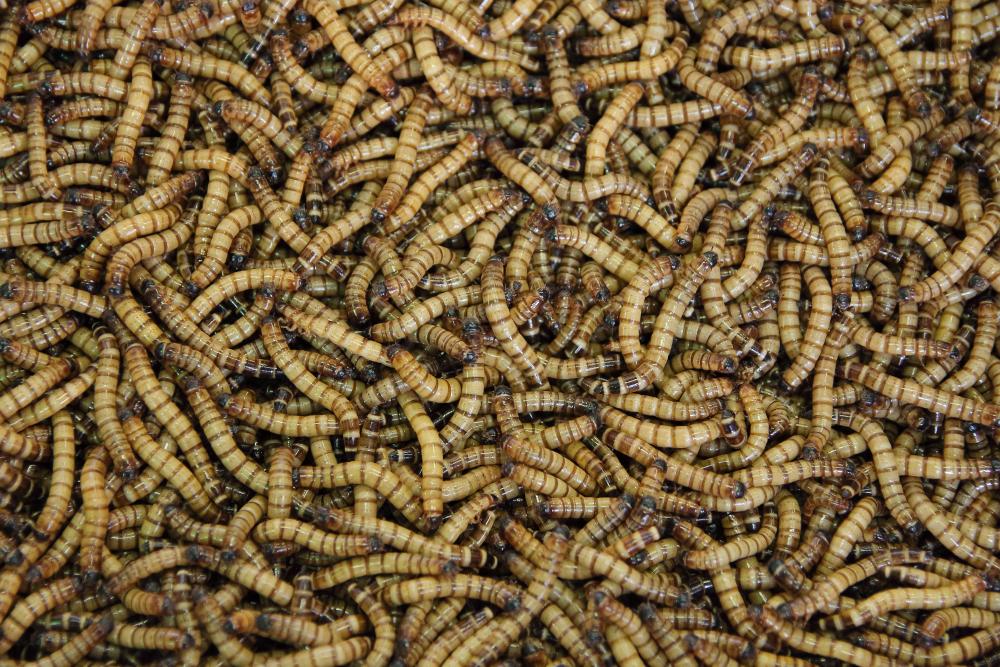
The life cycle of worms is usually 2 to three years, but this is only if they have the conditions to make that happen. This means they have to be happy with the environment and happy with the food you are giving them. How Fast do Compost Worms Reproduce?
The breeding cycle compost worms follow lasts give or take 27 days. That is the whole cycle, from mating to laying eggs. In those 27 days, environmental factors play a key role. And if everything goes as plan, the number of worms can duplicate in only 60 days.
So according to Wikipedia vermicomposting is the product of the decomposition process using various species of worms, usually red wigglers, white worms, and other earthworms, to create a mixture of decomposing vegetable or food waste, bedding materials, and vermicast.
Basically, this is the name the process gets while reproducing worms to meet that purpose is called vermiculture. So if you grow and sell worms you are a vermiculturist.
And the result of the process is called vermicast. Which is what you then use as fertilizer and nutrient for your plants.
Vermicomposting is very fun and an easy way to start composting! Those little worms will do most of the work. Learn a little bit more about Vermicomposting here: Vermiculture: How it start with it and take care of your Worms
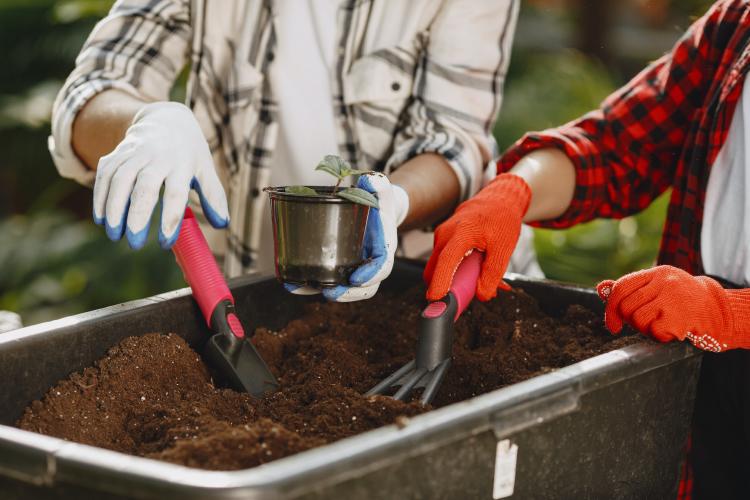
So, now that we have that out of the way and we know what is vermicomposting, we can dive into how fast do compost worms reproduce.
It is very important to know how fast compost worms reproduce since this is a key factor in planning your composting strategy and planning how many worms we need to start composting.
First, we need to talk about the reproductive cycle of the compost worms.
Getting to know the breeding cycle of your worms can be very useful. Why you may ask? Well, if you are interested in having healthy compost the key is to maintain your worms happy and healthy as well.
There are certain things that affect the life of the compost worms and therefore affect the breeding behavior as well.
But let's start with the regular cycle that most of the compost worms follow:
Well, it is not about how fast but how they behave about it. By saying this I mean that since they follow a cycle is not only about time but about how. Let's break it down in a time frame though:
The life cycle of worms is usually 2 to three years, but this is only if they have the conditions to make that happen. This means they have to be happy with the environment and happy with the food you are giving them.
The breeding cycle compost worms follow lasts give or take 27 days. That is the whole cycle, from mating to laying eggs. In those 27 days, environmental factors play a key role. And if everything goes as plan, the number of worms can duplicate in only 60 days.
Did you know that worms are actually hermaphroditic? This doesn't mean they don't reproduce by pair though. The time of how fast do compost worms reproduce can vary on a few conditions. For example, if the worms are too far apart it might take time to reproduce, so make sure you calculate correctly how many worms you should get. To know everything you need about that check out this post on How Many Compost Worms Do I Need to Start Composting.
So if everything is in ideal conditions a 60-day old worm should be able to find a couple and reproduce giving birth to up to 4 babies in a matter of a month.
Maybe you don't know this, but worms are very sensitive animals and they need special conditions to survive and thrive. One of the most important things is that we need to pay attention to is the fluctuations in the pH. And how do we do this? Well by maintaining a healthy compost. Not throwing in anything that can provoke major pH fluctuations such as lemons and any types of citric, garlic, onions, ginger and also avoiding adding any dairy, meats and, processed foods.
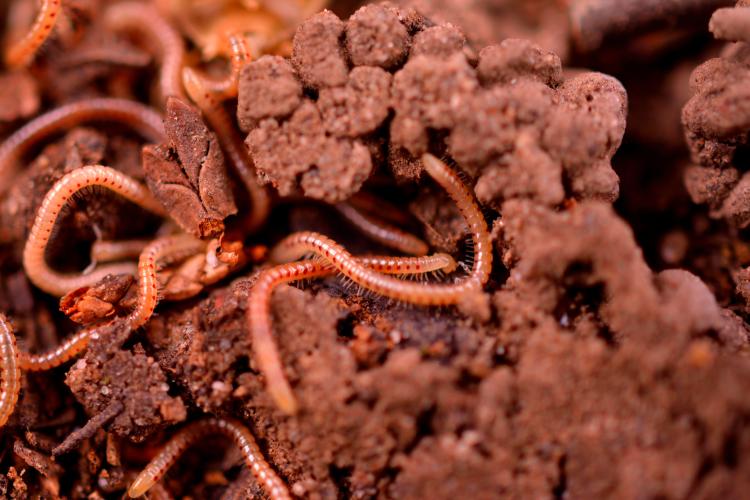
Another thing to keep in mind is the fact that worms need to breathe. This might sound a little obvious but it is critical to a proper environment for the worms and this is going to affect the fact of how fast compost worms reproduce. worms breathe with their skin, so they need to be living in an environment that has oxygen for them to live happily and therefore reproduce happily.
The good news is that worms are stronger than you think! And so they can be resilient to a few things and while being resilient that can help us, humans to have a healthier life. There is scientific research that shows that compost worms are not fully affected by some chemicals that would affect humans. On the contrary, they digest the chemicals and with that process, they make it tolerable for human beings.
Also, as counterintuitive that it sounds, compost worm bacteria is not harmful to human beings. Compost worms are almost magical, they turn out wasted food into natural fertilizer by digesting it, isn't that amazing?
Ok so now that we know what makes worms unhappy, let's talk about how to make them happy so we can learn how fast do compost worms reproduce.
As we've been saying, worms are stronger than we think. This doesn't mean we don't need to care for them and to make sure their environment is in good shape to foster them and therefore to increase their reproduction. Let's talk about 4 environmental factors that are key for healthy worm breeding:
Compost worms need moisture to thrive in their environment. Since they breathe through their skin, moisture is key to keep that going. The average moist level of moist they need to be in a perfect (or almost perfect) environment is from 40 to 60 %. A good way for you to estimate this since not all of us have a humidity thermometer by hand is by picking up a handful of the compost bedding and squeezing it as hard as you can. If water comes out of it, it is too moist. But if no water comes from it and your hand feels wet, that is when you hit the spot. Think of the bedding of your compos as a sponge. if it feels like it, then you got it.
Talking about bedding:
The bedding g of your compost is crucial for the well-being of your worms. Good bedding means a good environment for reproduction and a greater outcome out of your composting. Here are a few tips:
The third component I wanted to remind you of is aeration:
Worms need oxygen to live, period. Since they are actively decomposing organic material, they are constantly producing carbon dioxide, this makes it crucial for them to have air circulation to be able to live.
Worms are very resilient creatures. They can tolerate high and low temperatures but the best temperature for them to reproduce is 50 degrees. Worms can move around the box or around the pile of composting to find a good temperature for them but it is always better for you to make sure the temperature is right for all of them to thrive. Usually, the temperature is measured inside the box and we should not rely on the fact that we know the temperature of the weather that day. Since it is hard to have a thermometer on hand, a good way to determine it is by looking at the moisture of the dirt.
And for having a better sense of how to keep a good environment of your compost check out our post on How Many Compost Worms Do I Need to Start Composting
Now that you know how worms behave based on the environment and how to help them thrive. Let's see a few things to make sure the compost worms reproduction cycle works perfectly. And we'll see how fast do compost worms reproduce.
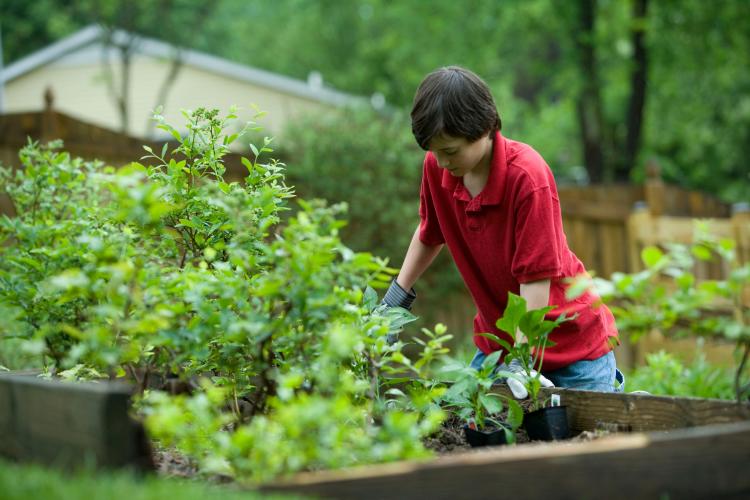
If you are noticing there are no more worms and you think you have done everything right, here are some tips to increase worm reproduction. These tips might come in handy if you are planning to expand your composting site or upgrade to a larger bin because if you add more food you'll need more worms to eat the food and transform it into beautiful black gold.
So, to increase the reproduction of your compost worms you can start by modifying their diet.
Like any other living creature or well, almost every other leaving creature, a worm's life's quality is determined by their diet. And their diet can easily be manipulated to help them reproduce faster.
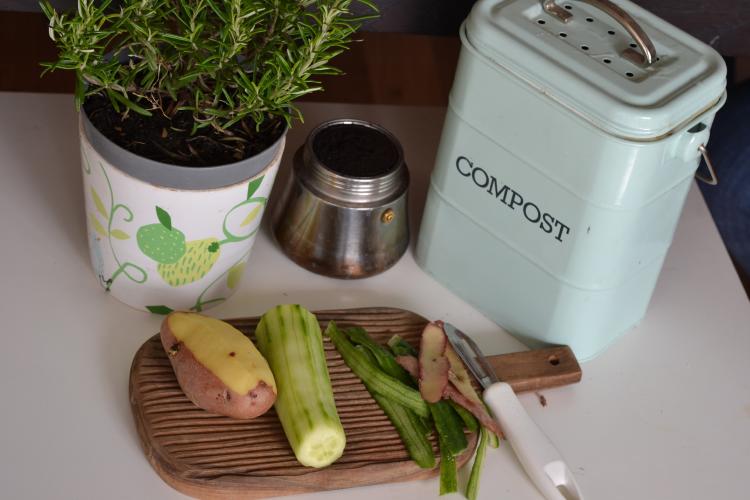
Let's see how:
The key for this is in the ratio: compost worms will eat and digest most food scraps you'll give them, just make sure you are following the restrictions we already talked about. So they will eat most veggies, coffee beans, grass, and newspaper. But since they are having trouble reproducing you'll need to pay more attention to the quantity of food you are providing.
So here is my tip: make sure they are finished eating and then feed them one full pound of food for every 1/2 pound of adult worms. Make sure you are paying attention to the upcoming days since if they eat most of the food in less than a day you should be doubling the doses. If they don't eat the whole thing, you can cut back a little.
You should see an increase in compost worms within a month or so so keep it up!
If you are just starting to compost and are thinking on starting to compost with worms here is an article for you: Compost Worms: Everything You Need to Know About Composting With Worms